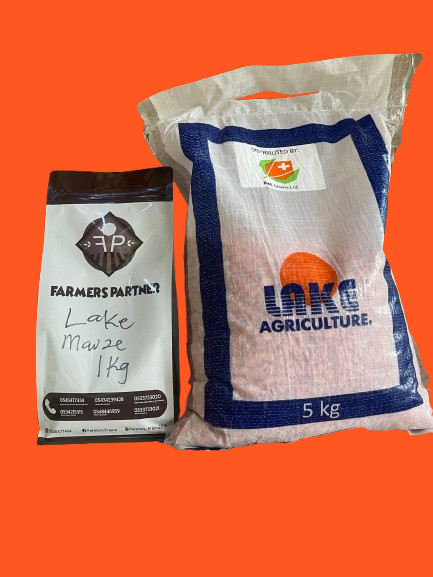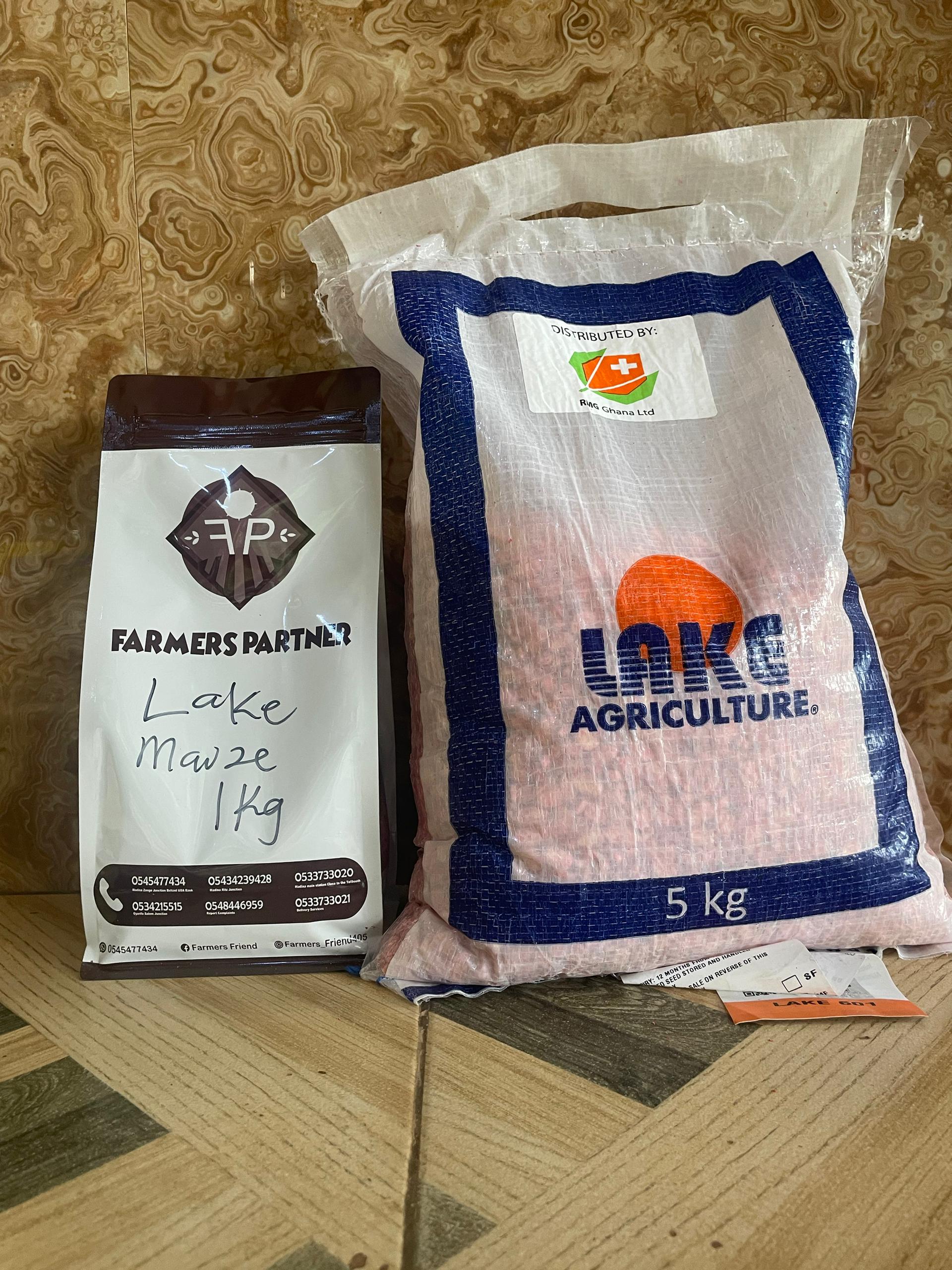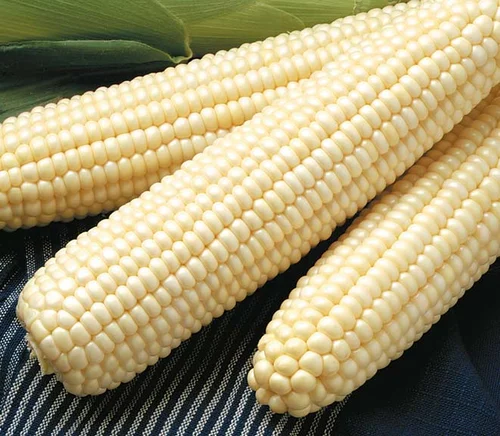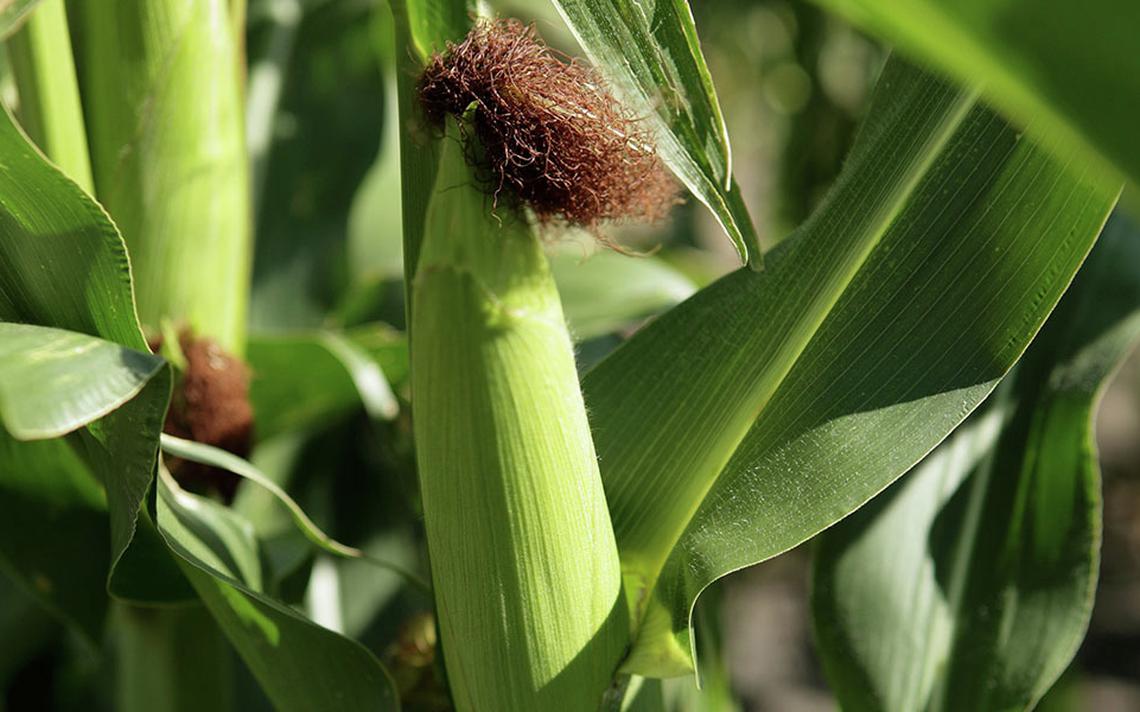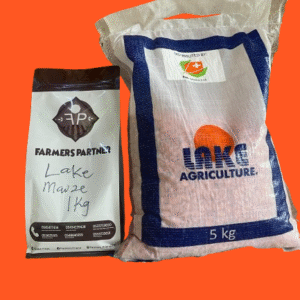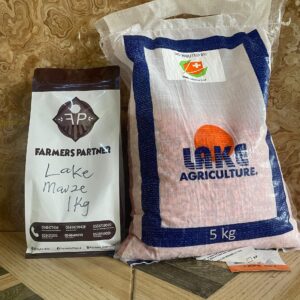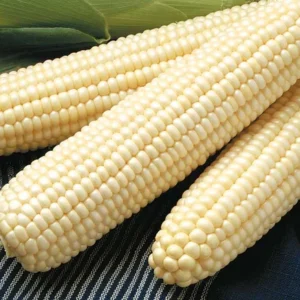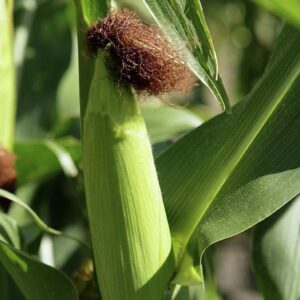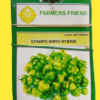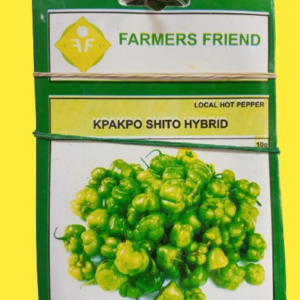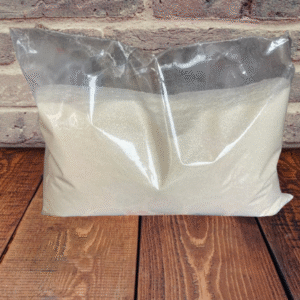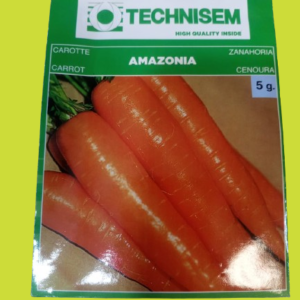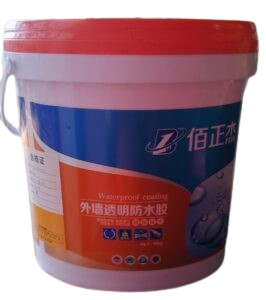🌾 Importance of Choosing Hybrid Lake Maize
1. Higher Yield Potential
-
Up to 5 times more yield compared to traditional open-pollinated varieties (OPVs), such as Obatanpa.
-
This means more bags per acre, increasing income and food security.
2. Improved Disease and Pest Resistance
-
Tolerant to striga weed, which severely reduces maize yields in many parts of Africa.
-
Better resistance to common maize diseases, reducing the need for expensive chemical sprays.
3. Better Nitrogen Use Efficiency
-
Makes more effective use of urea and other nitrogen fertilizers, leading to less waste and cost.
-
Grows well even in low-fertility soils, including acidic soils common in many parts of Ghana.
4. Climate Adaptability
-
Performs well in different agro-ecological zones:
-
Hot and humid lowlands
-
Dry mid-altitudes
-
Wet highlands
-
-
Provides stability even under changing rainfall patterns.
5. Shorter Maturity Period
-
Many Lake hybrid varieties mature faster, allowing for early harvest and reducing exposure to late-season drought or pests.
6. Better Grain Quality
-
Good for both human consumption and animal feed.
-
Some hybrids produce larger and well-filled cobs, which are also attractive in the market.
🔄 Compared to Traditional (OPV) Maize:
| Feature | Hybrid Lake Maize | Open-Pollinated Varieties (e.g., Obatanpa) |
|---|---|---|
| Yield | Very high | Moderate |
| Striga resistance | Strong | Weak |
| Fertilizer efficiency | High | Moderate |
| Uniformity | Consistent | Variable |
| Seed reusability | No (must buy each season) | Yes (can reuse) |
| Climate adaptability | Broad | Limited |

